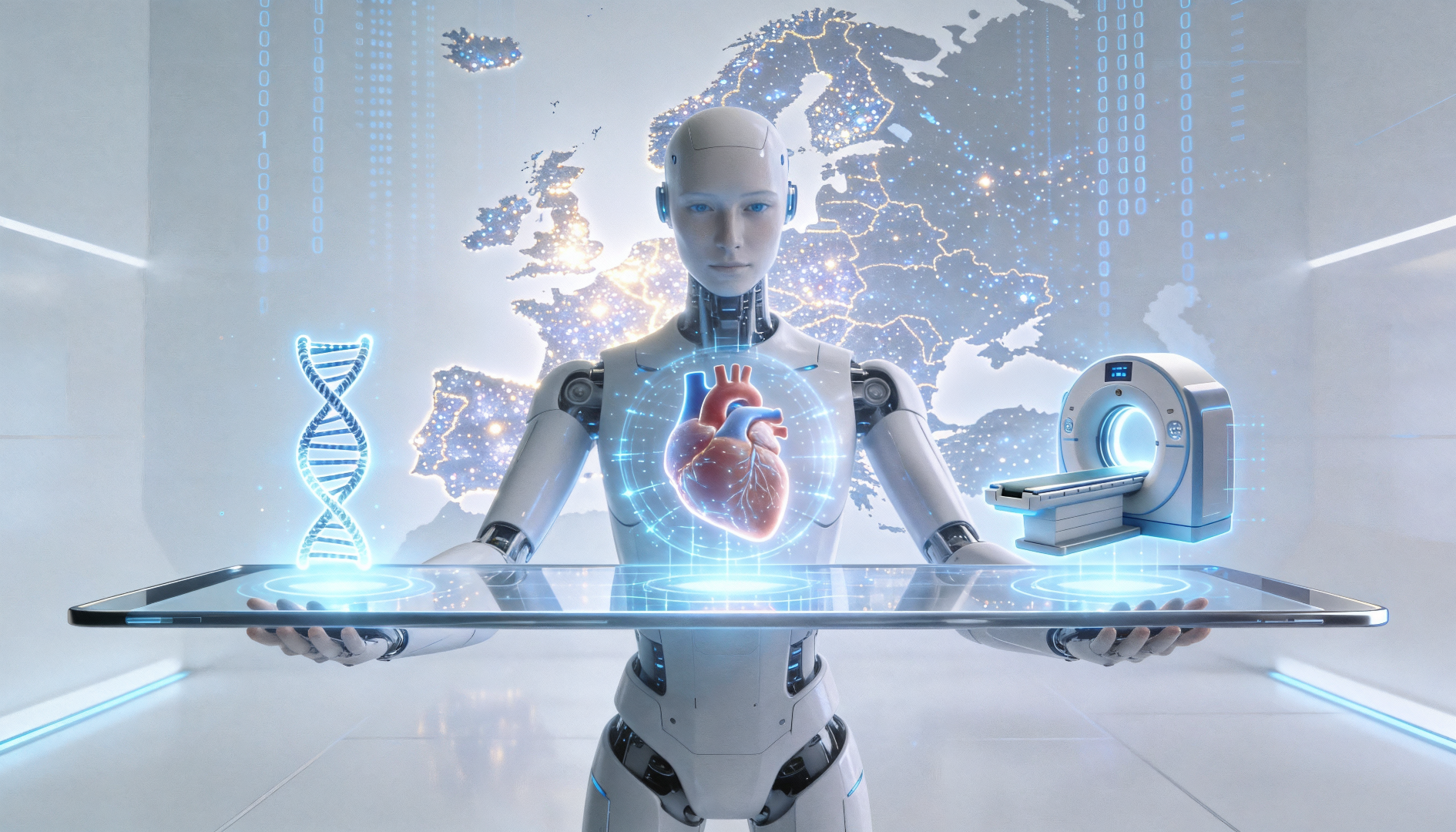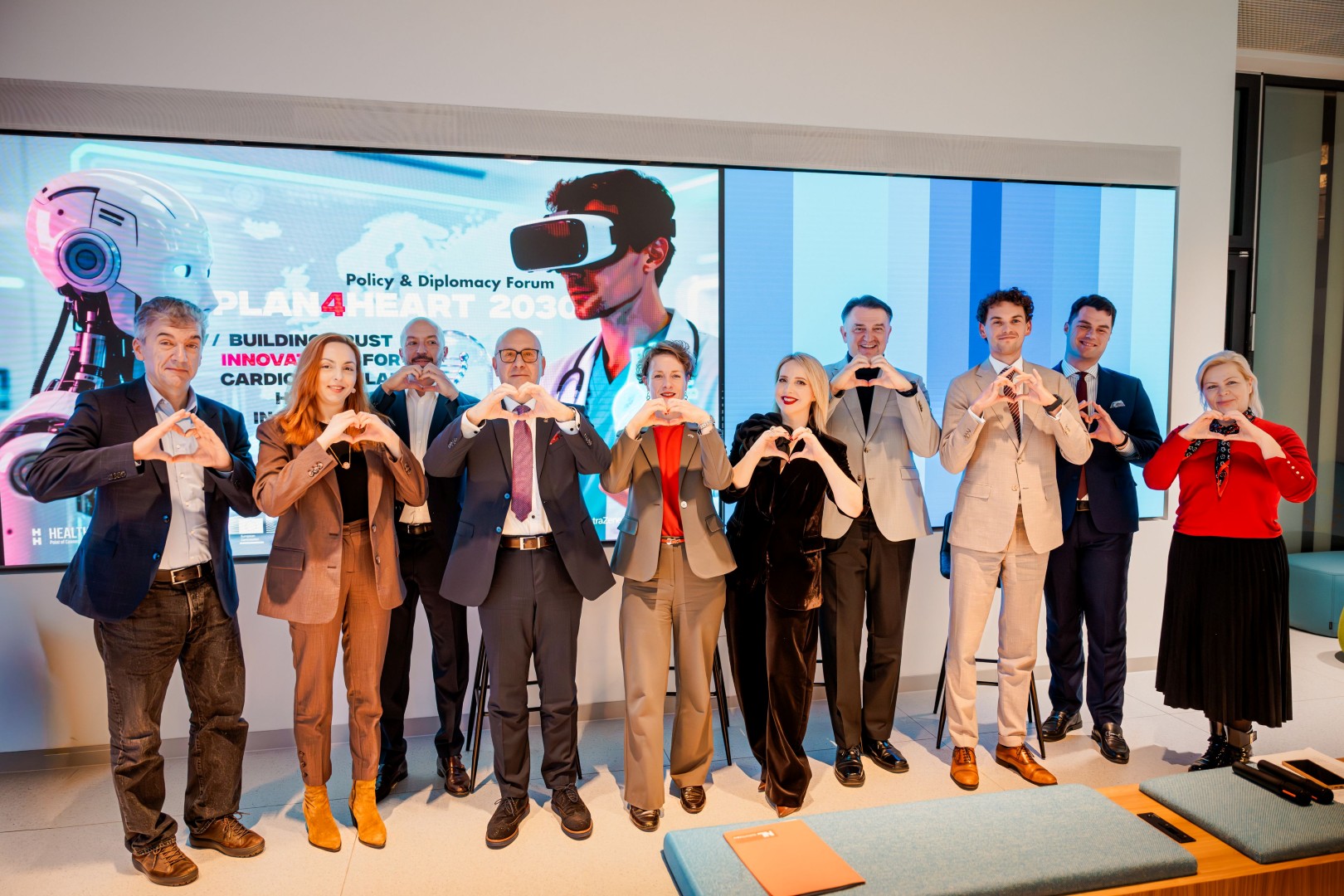Visionnaires of Business Diplomacy- Tatjana Skoko (Microsoft): “By learning from the best global practices and being receptive to new ideas we ultimately make a positive impact on the world!”
usiness diplomacy involves developing strategies for long-term, positive relationship building with governments, local communities, and interest groups, aiming to establish and sustain legitimacy and to mitigate the risks arising from all non-commercial or exogenous factors in the global business environment. Business diplomacy is different from lobbying or strategic political activity; it implies an (strategic / holistic) approach of an international business to look at itself as an actor in the international diplomatic arena. Representation, communication and negotiation are key in such an approach.
According to World Economic Forum, „business leaders not only have to manage the day-to-day challenges and risks to operations in their industry, but also navigate the fall-out from several on-going crises – cost-of-living crunch, global economic slowdown, soaring energy prices and climate disasters. And these are just the headline challenges. Shifting business models post-pandemic, as well as changing customer preferences and expectations add to the strategic demands… Only by pooling our resources, skills, knowledge and collective intelligence can we effect change – and deliver impact – on the scale required. “
Davos Agenda 2023 covered very important topic on how business leaders can make impact in their communities, stating that effecting change and creating impact is often about many small steps. „There is no one decisive factor, but instead a lot of moving parts. Today’s business leaders are expected to lead, but also listen, take responsibility and do the right thing, and above all, have a beneficial impact.“
As a part of our think tank’s Health Hub Global Policy Network, we wanted to acknowledge business leaders with tireless efforts, global networking expertise and dedication in business diplomacy and improving the lives of communities as well as the overall economy, health and quality of life. Our editorial „Visionnaires of Business Diplomacy“ presents to you inspiring people, Tatjana Skoko (Microsoft, AmCham Board of Governors – Secretary / Treasurer) and Miroslav Šaban (Philips, AmCham Board of Governors – Untitled Governor).
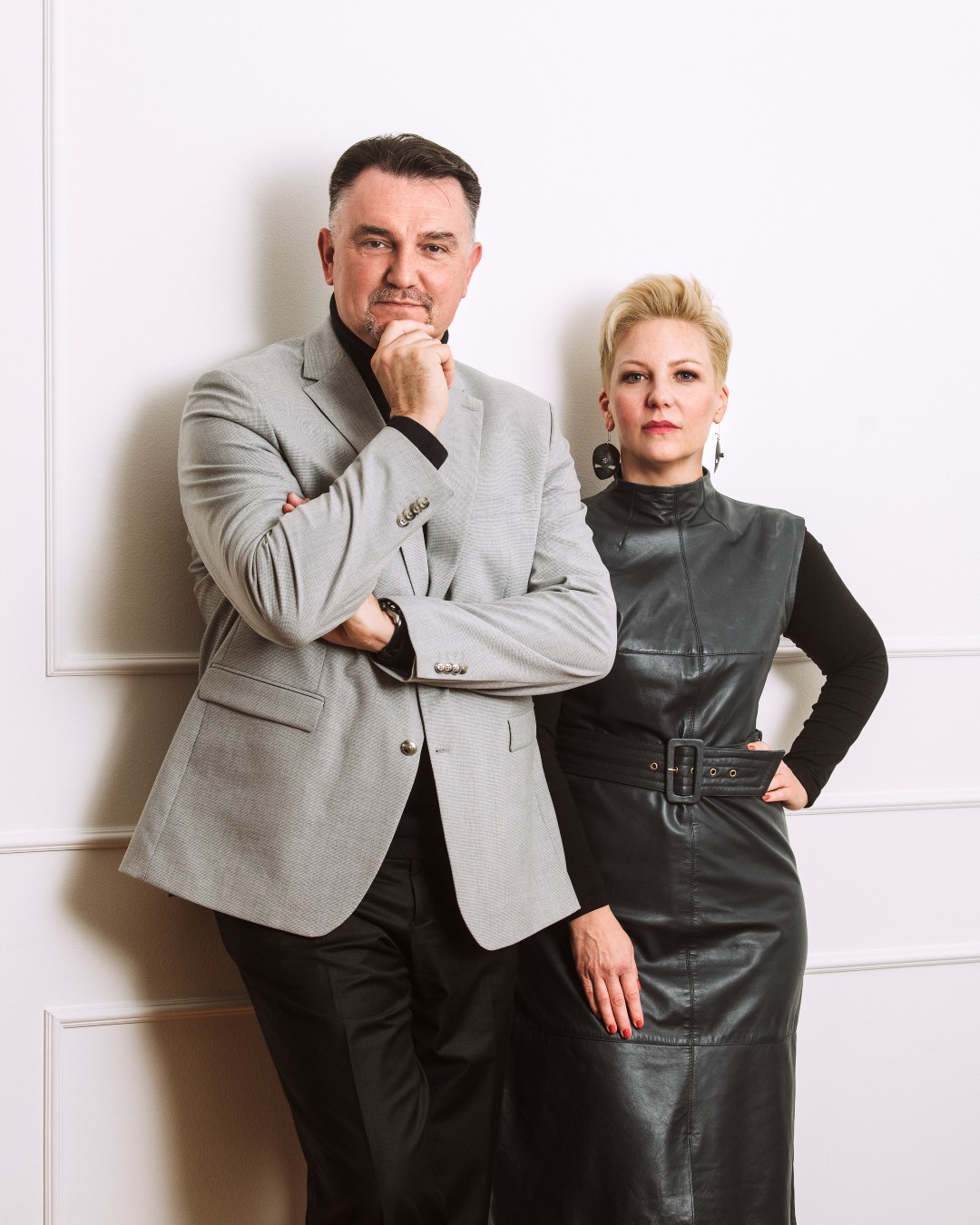
“Visionnaires of Business Diplomacy“: Tatjana Skoko (Microsoft, AmCham Board of Governors – Secretary / Treasurer) and Miroslav Šaban (Philips, AmCham Board of Governors – Untitled Governor)
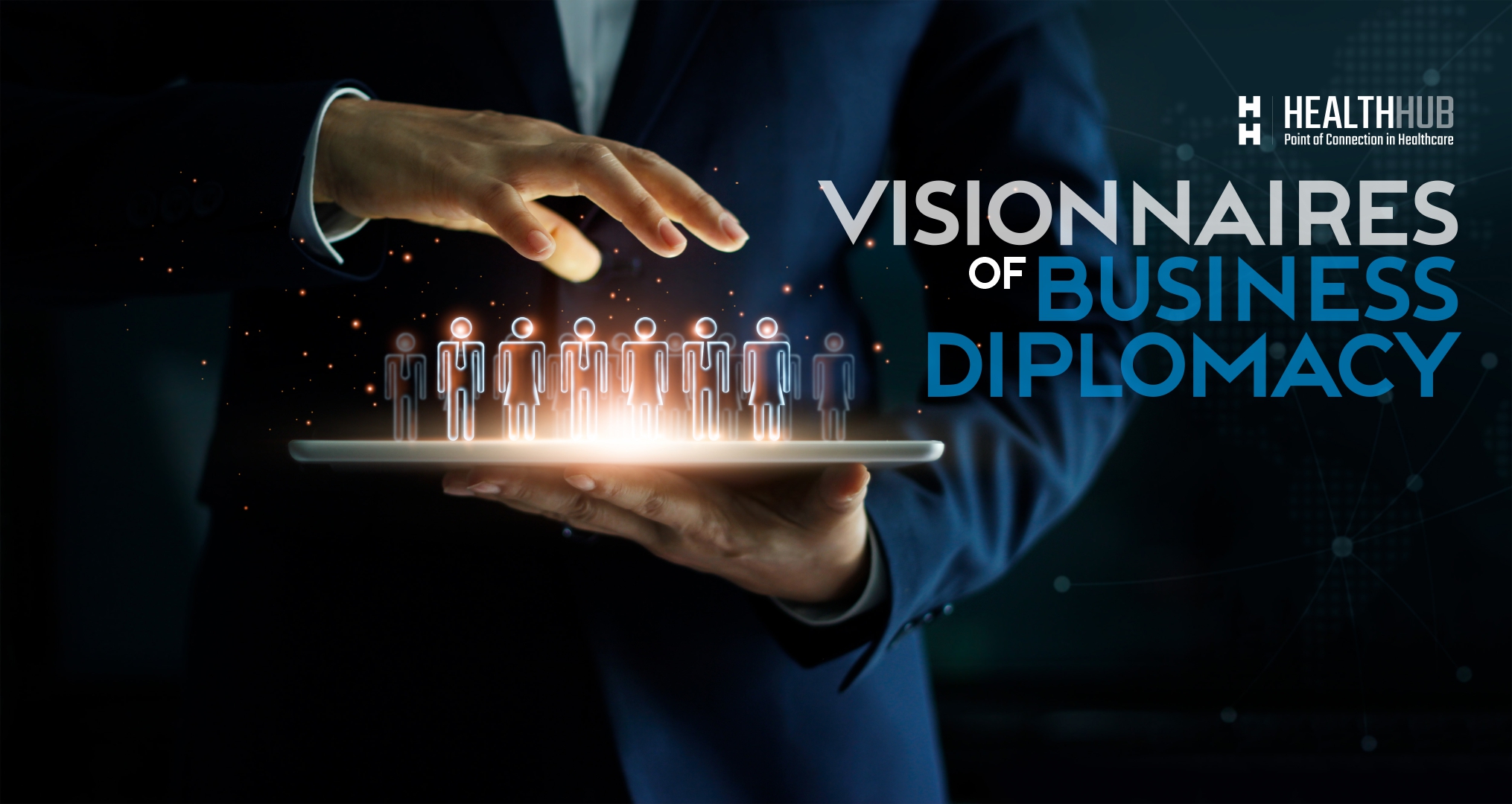
Tatjana Skoko
Microsoft
AmCham Board of Governors – Secretary / Treasurer
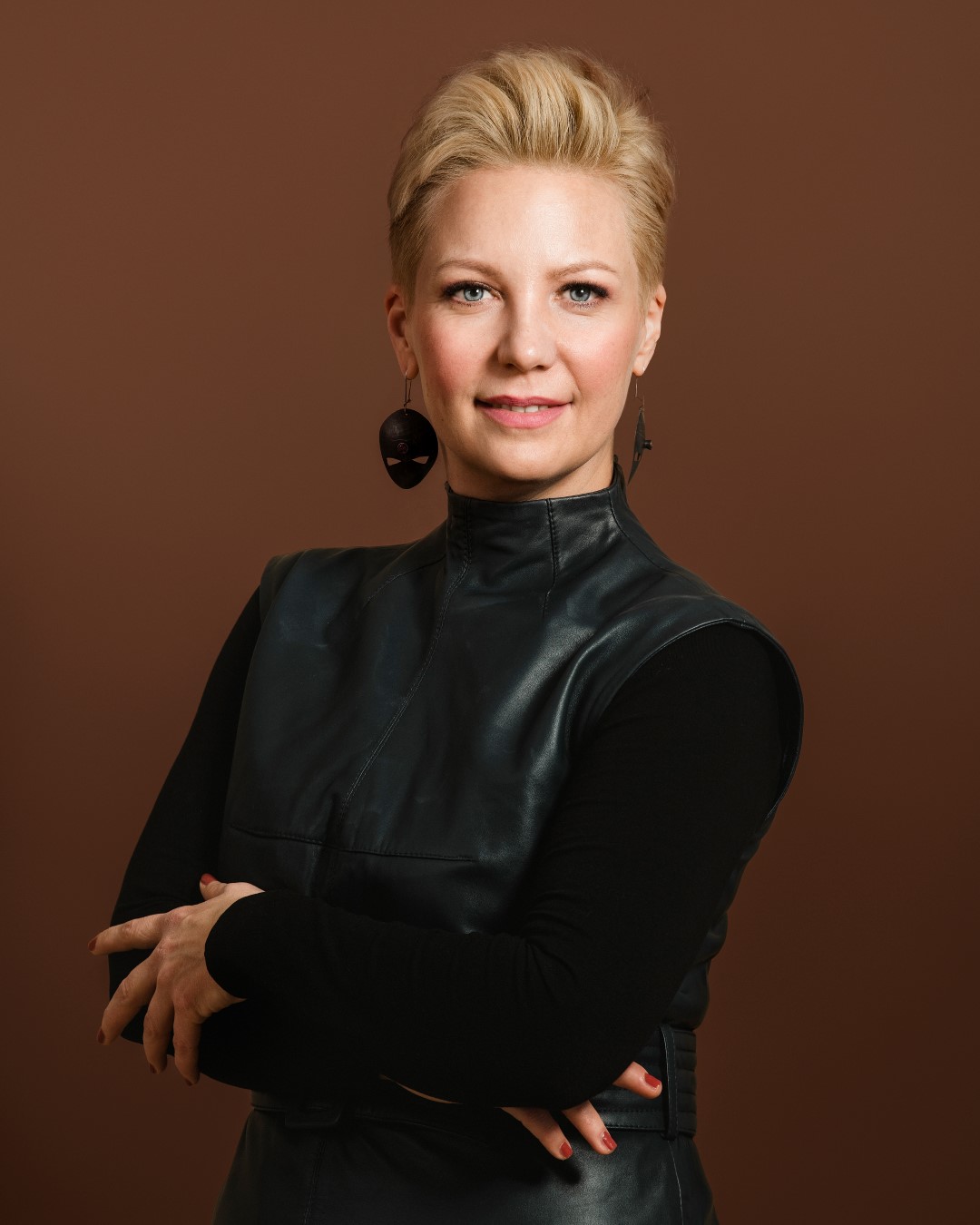
“Visionnaires of Business Diplomacy“: Tatjana Skoko (Microsoft, AmCham Board of Governors – Secretary / Treasurer)
You are very active as a voice of international business in Croatia and region (specially in AmCham), and you have a tremendeous expertise in policy advocacy, sharing global best practices and connecting stakeholders relevant for the economical issues. How important is for the business community to be a proactive advocate and stakeholder in development of the Croatian economy and society?
In the context of Croatia, or any other country, having a strong and proactive business community can be pivotal in driving economic growth, fostering innovation, and addressing societal challenges. It also aligns with the principles of good corporate citizenship and can contribute to the overall well-being of the country or region. Being a proactive advocate and stakeholder in the development of the economy and society is crucial for the business community for several reasons such as Policy Influence where Businesses are directly impacted by government policies, regulations, and economic conditions. By actively engaging in advocacy, the business community can contribute to shaping policies that foster a conductive environment for business growth and development. Microsoft as other global company shares and contributes with best practices that can be instrumental in enhancing the competitiveness and efficiency of the local business environment. Active involvement allows the business community to bring in insights and practices that have proven successful in other regions. And also by being active stakeholder involves collaboration and networking with other entities, including government agencies, non-profit organizations, and other businesses. This collaboration can lead to synergies that benefit the overall economic and social landscape.
What do you think about success of implementing data science and AI in healthcare industry? What can we do to move things go forward in more efficient way and what sustainability got to do with that?
Every industry depends on unique insights to achieve their goals, and unlocking the power of data is the key to an organization’s success. This is especially true in healthcare, where data has the potential to do so much good – from improving health outcomes and enhancing patient and clinician experiences to driving better organizational performance for healthcare systems. When a patient’s or the population’s health is at the center of the decision-making process, having the right data strategy in place can have a life-changing impact on people’s lives.
Healthcare data continues to grow rapidly, and organizations are struggling to keep up with higher volume, greater variety and increased velocity. According to the World Economic Forum, hospitals produce 50 petabytes of siloed data per year – that’s equivalent to approximately 10 billion music files. Ninety-seven percent of this data goes unused, leaving many valuable insights locked away. Putting all this data to good use is the key to unlocking clinical and operational breakthroughs that can make a meaningful difference in the lives of patients and their healthcare journey. And in the new era of AI, the importance of data continues to grow as organizations realize that without a solid data strategy, they are only scratching the surface of what’s possible with AI.
And when we talk about sustainability it is all about Data. Let’s take Pharma manufacturers for example. Looking at their environmental impacts, they are overtaking automotive sector for greenhouse emission. Therefore the pharmaceuticals and life sciences companies today are committed to reducing their carbon footprint in order to create environmentally friendly and sustainable pharmaceutical operations. Data science and AI can support in creating more intelligent and greener value chains: from research and development, through manufacturing and distribution to sales and marketing activities in a secure and compliant environment. Example of innovative technology called Digital twins, which is virtual replicas of physical systems, are becoming a critical tool for companies striving to enhance their sustainability efforts. They offer an innovative approach to improving efficiency, reducing waste, and minimizing the environmental footprint of pharmaceutical manufacturing processes. Digital twins enable a comprehensive understanding of manufacturing processes by replicating them in a digital environment. Integrating AI into such digital replication allows for real-time monitoring, predictive analytics, and proactive maintenance, which can significantly reduce waste and energy consumption. The ability to simulate different scenarios and predict outcomes can help pharmaceutical companies identify inefficiencies and optimize their processes, leading to substantial energy savings and reduced carbon emissions.
“By building international networks and collaborating with partners from diverse backgrounds and industries, we can gain valuable insights and perspectives that can help us to continuously improve and innovate.”

Who is actually Tatjana Skoko? What is your real passion in life in addition to being a true visionaire of business diplomacy?
My true passion is the pursuit of constant learning and growth. I am always on the lookout for new opportunities to expand my knowledge and skills. Currently, I am refreshing my knowledge of the French language. As a child, I attended a French kindergarten and spoke French better than Croatian, but as I did not use the language throughout high school and later on, my proficiency diminished. However, I am determined to regain my fluency and continue to learn. I believe that being open to new experiences and challenges, and continuously striving to improve, is the key to achieving success and fulfillment in personal and professional life.
“Learning from the best global practices and being receptive to new ideas and approaches can help us to stay ahead of the curve, adapt to changing market conditions, achieve better results and ultimately make a positive impact on the world.”
What would be your message for our business ecosystem and why it is important to build international networks and learn from the best global practices?
In today’s rapidly changing business environment, it is essential that we remain open to learning from others. By building international networks and collaborating with partners from diverse backgrounds and industries, we can gain valuable insights and perspectives that can help us to continuously improve and innovate. Learning from the best global practices and being receptive to new ideas and approaches can help us to stay ahead of the curve, adapt to changing market conditions, achieve better results and ultimately make a positive impact on the world.



